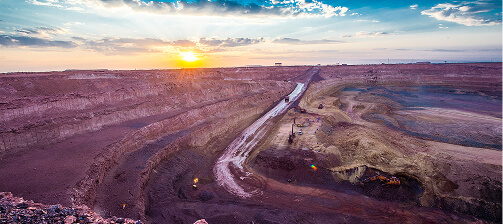
About Us Overview
We champion the growth of South Africa’s mining industry—supporting our members with strategic insight, strong advocacy, and a united voice for meaningful progress.
Report any unethical behaviour or gender-based intimidation and violence


We champion the growth of South Africa’s mining industry—supporting our members with strategic insight, strong advocacy, and a united voice for meaningful progress.

We advocate for a thriving, responsible mining sector—driving growth, transformation, and sustainability. Our Corporate Profile fact sheet highlights our impact, priorities, and progress—offering a deeper look into how and why mining truly matters for South Africa’s future.
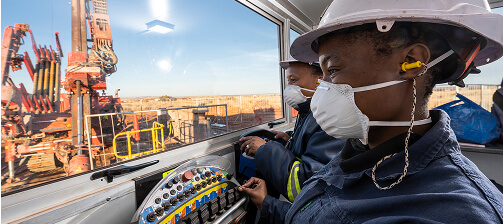
We advance the industry & position by engaging in initiatives across health, education, and policy. We focus on fostering growth, ensuring compliance, and promoting responsible mining practices.

We showcase the significance of South African mining—its economic impact, social value, and transformative potential—while promoting a modern, responsible, and thriving industry.

The Minerals Council commissioned a comprehensive report on mining’s impact across key commodities—Gold, Diamonds, Coal, and PGMs. Explore the fact sheet to see why mining matters for jobs, growth, development, innovation, and thriving communities across South Africa.
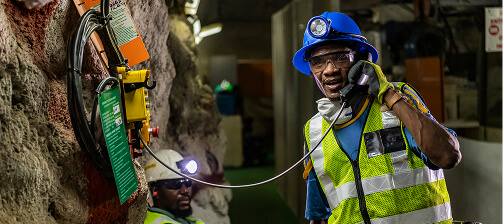
Stay informed with the latest industry updates, insights, and announcements. Explore how mining is evolving and shaping South Africa’s future, one story at a time.
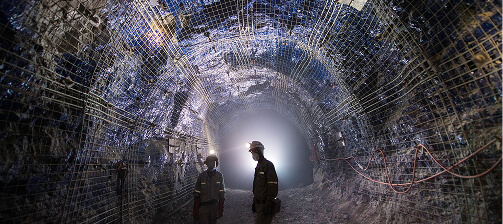
Explore the Minerals Council’s key events, milestones, and initiatives—highlighting the people, partnerships, and progress shaping South Africa’s mining industry and driving impact across the sector.
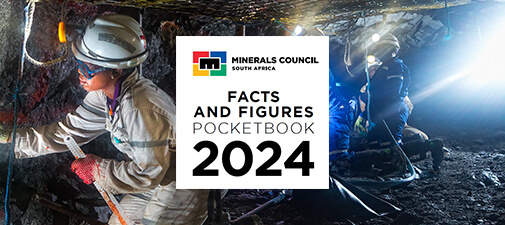
The Facts and Figures 2024 highlights the vital role of mining in South Africa’s economy and society. The book explores why #MiningMatters, showcasing the industry’s contributions, challenges, and opportunities for sustainable growth.
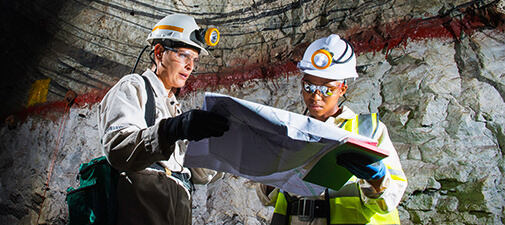
Track gender equity in mining with real-time data on representation, career progress, GBV response, and development, driving accountability and transformation across the industry.

Access key workforce data on union representation, recruitment, and retrenchments, supporting accurate, aggregated insights that shape decision-making across South Africa’s mining industry.

"The Minerals Council continuously looks for ways to advance the position of and make improvements in the South African mining industry and participates in various initiatives and projects in areas relating to health, education, policy and regulations."
![Logo MCSA [logo]](/templates/chamber/images/logo.svg)